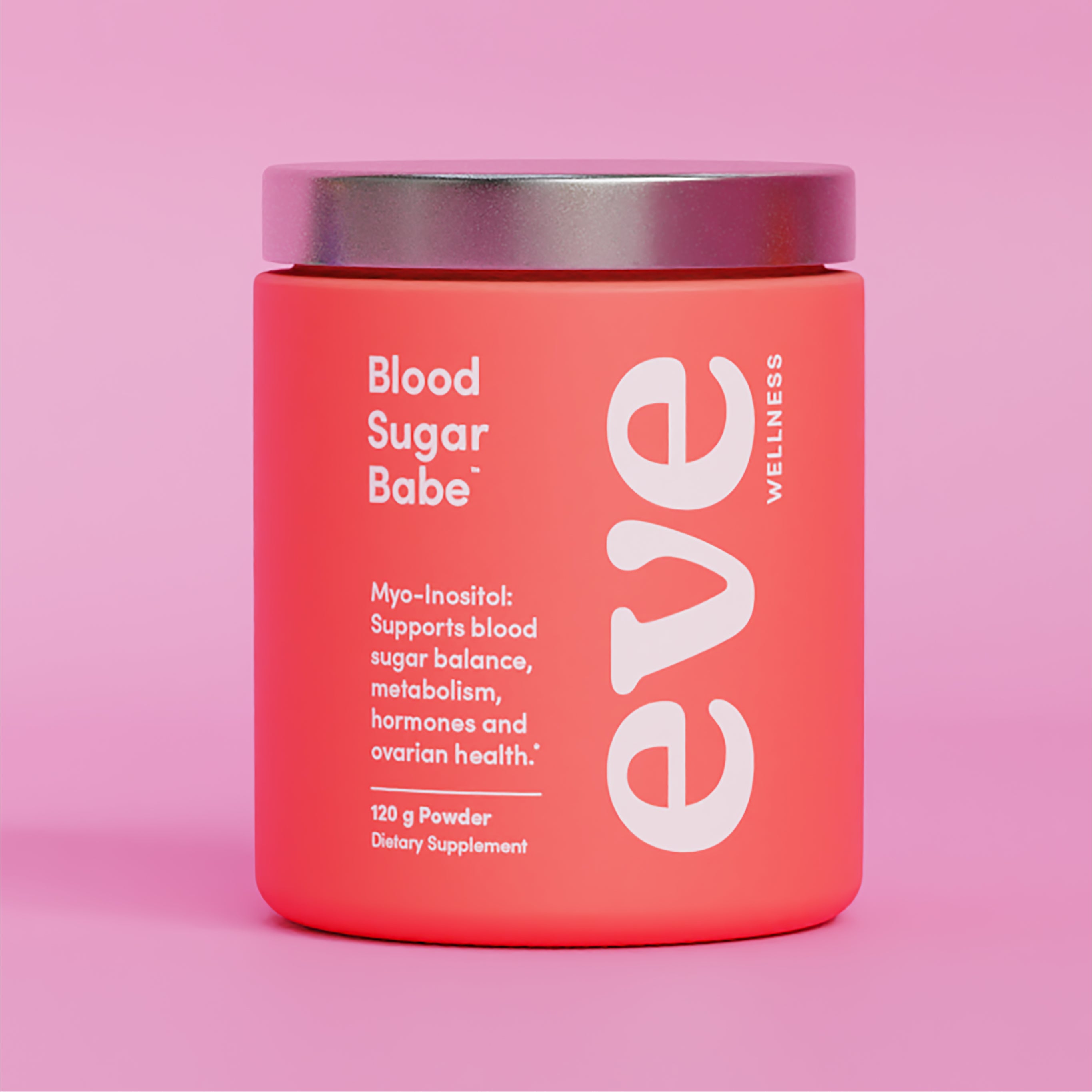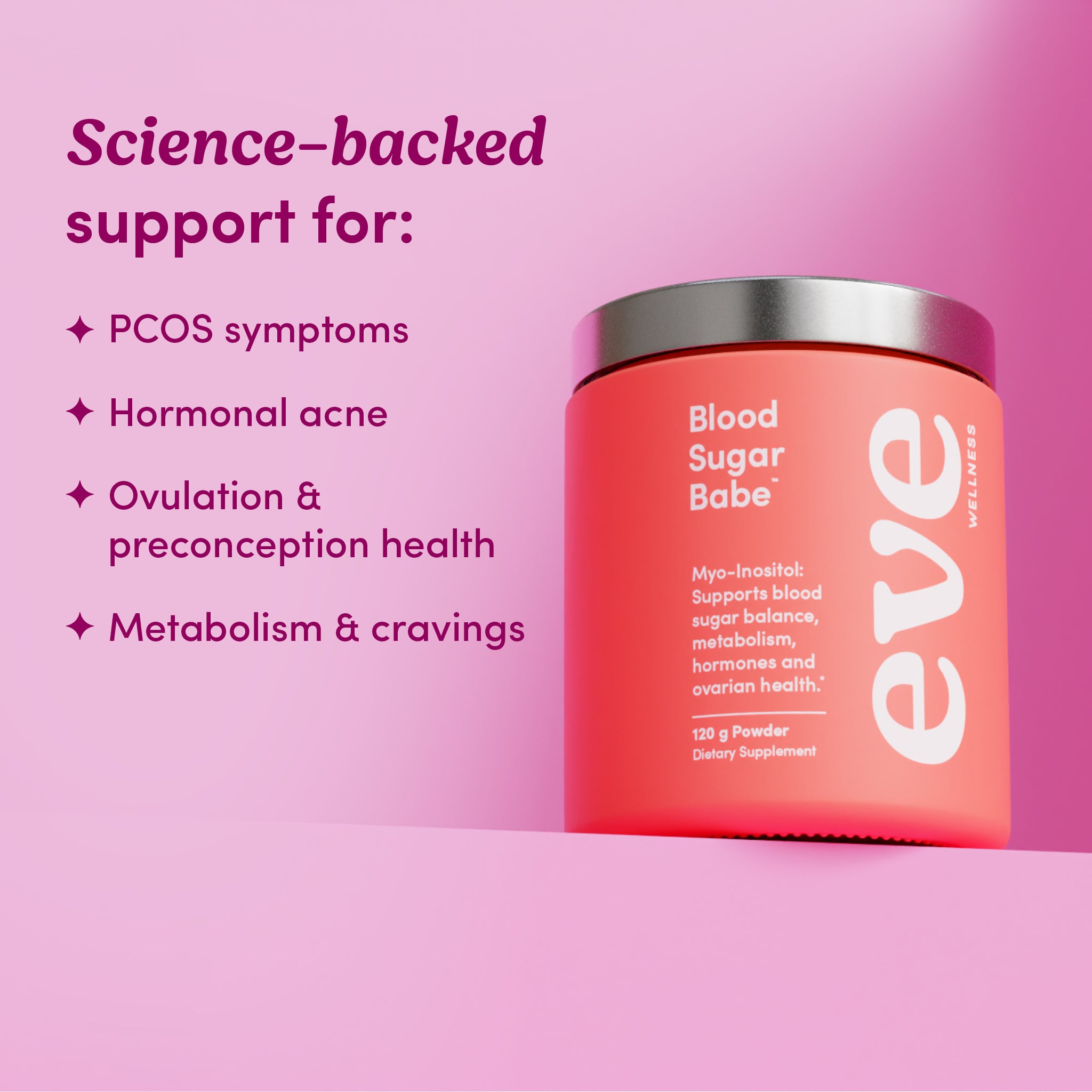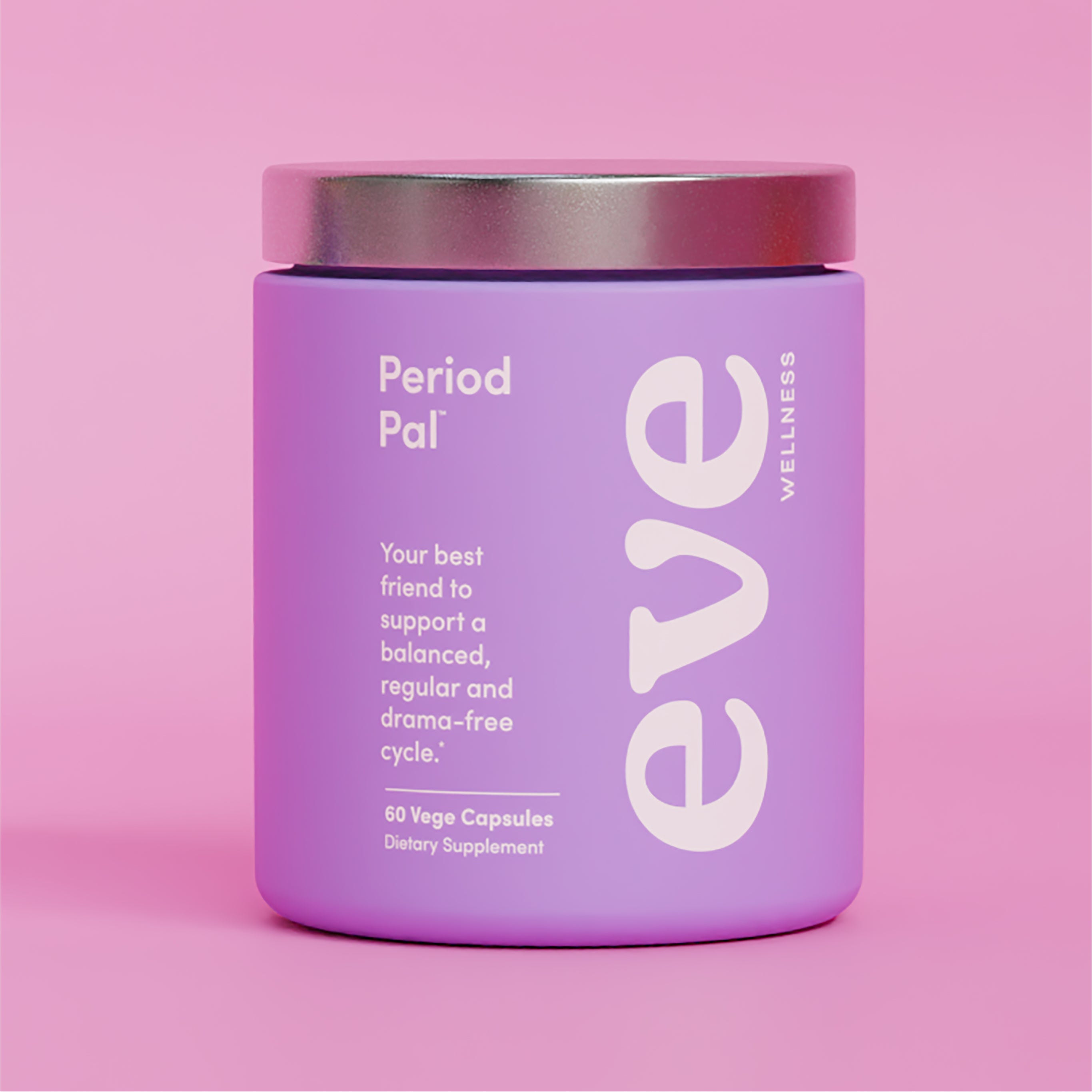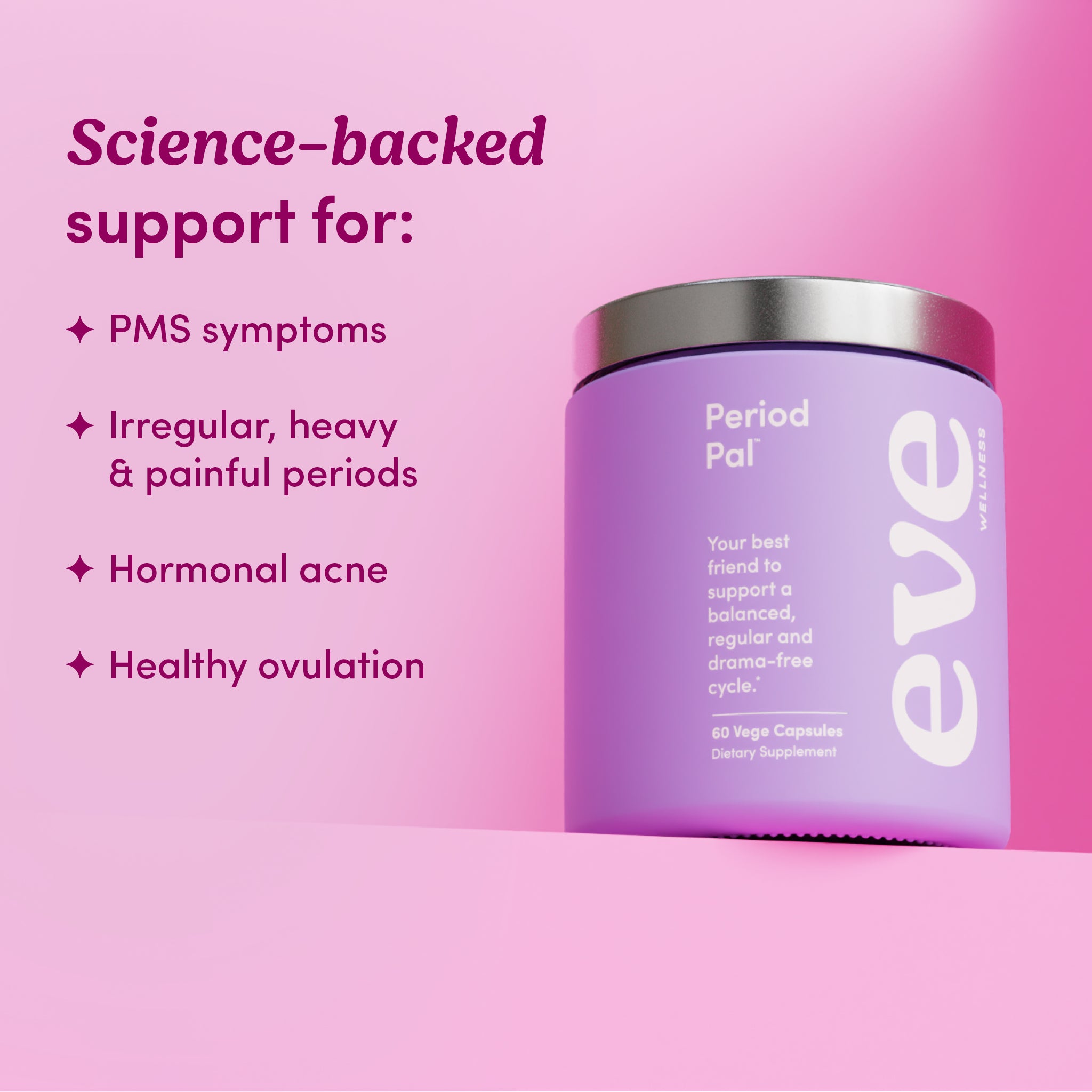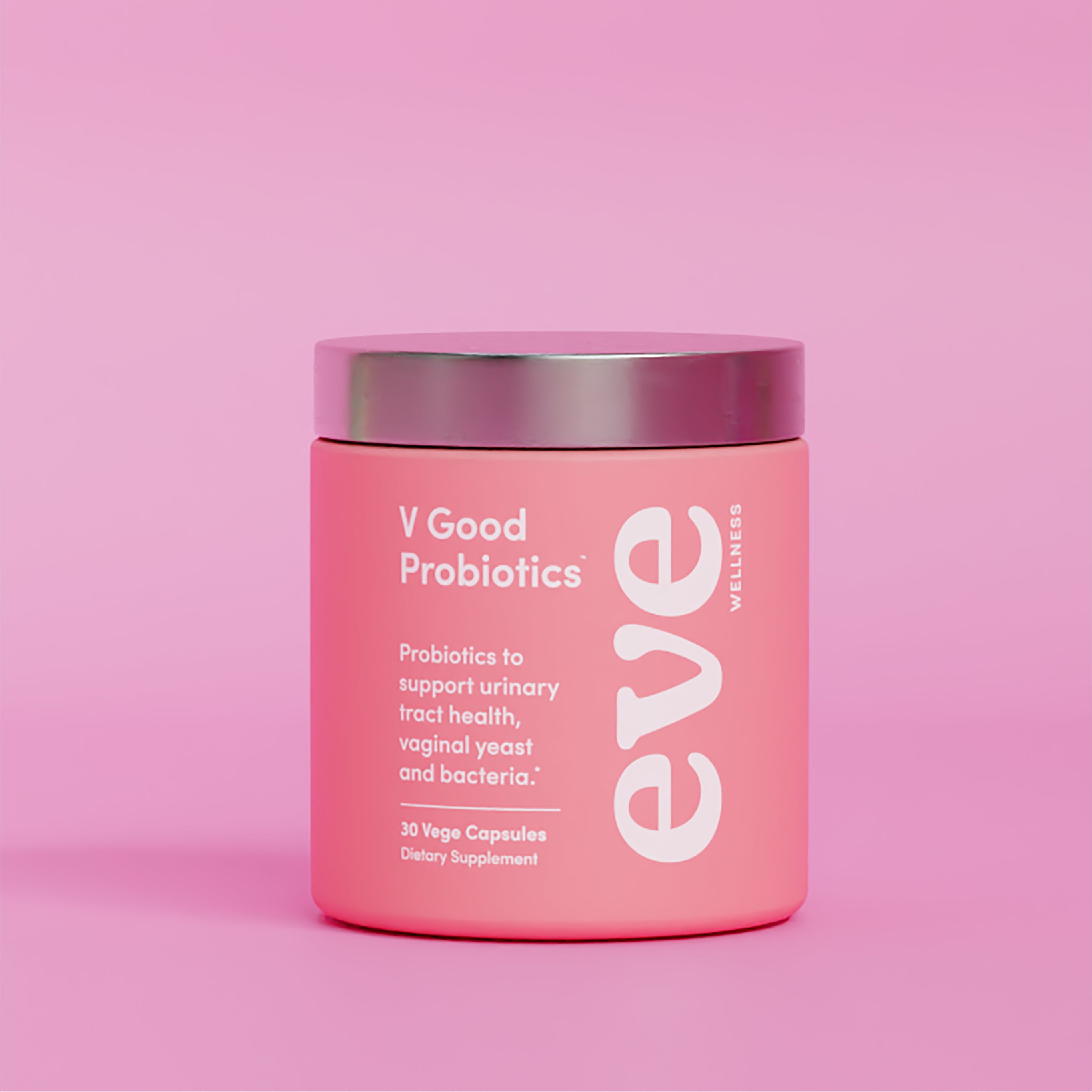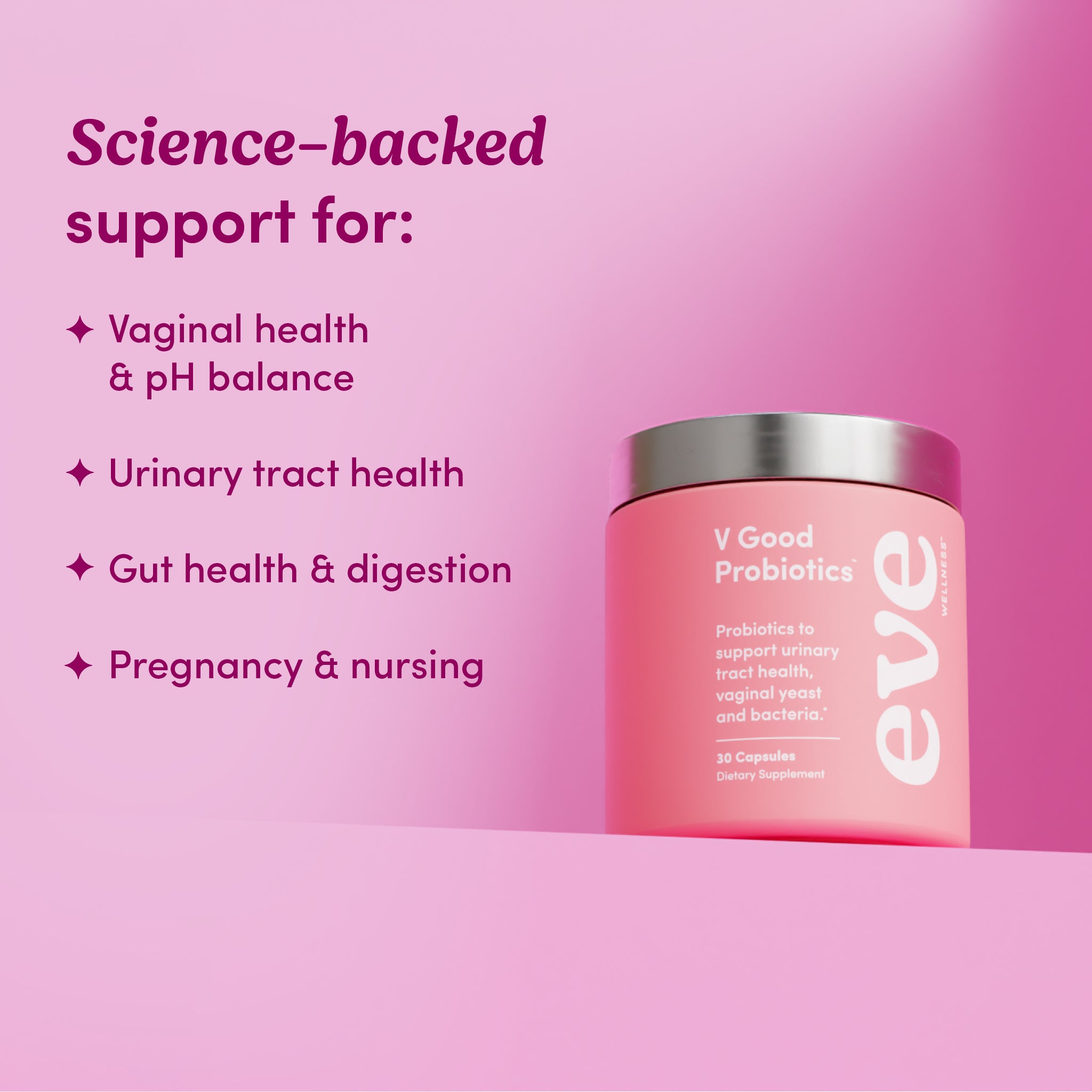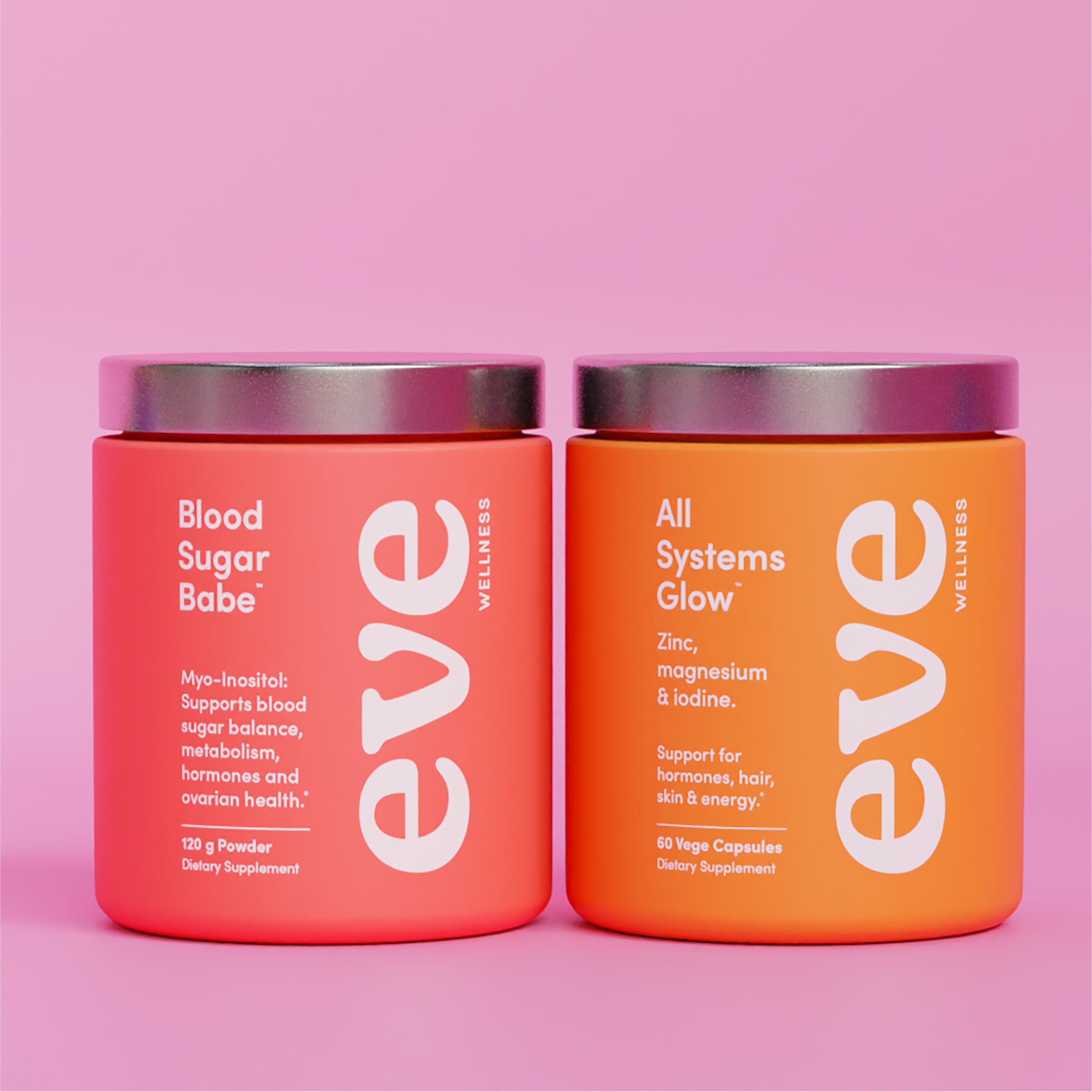Exercise. The same word used to describe almost all forms of simply moving our bodies.
Before launching into this exciting topic any further we want to get one thing straight. We are not anti-exercise by any means; quite the opposite in fact.
What we are, is pro making informed and educated decisions about how our day-to-day lifestyles; activities and movement choices impact our stress levels, hormones, and other areas of our health.
Here’s exactly what you need to know to crack the code of exercising regularly and keeping your hormones beautifully balanced.
Exercise and your hormones
First things first: Exercise is really good for us. Like, really good. One of the non-negotiables when it comes to good health, in fact.
Issues with our hormones generally only arise when we aren’t exercising at all, or are completely overdoing it for our individual hormonal structure (because we’re all different and self-educating around your unique body is key…).
When it comes to exercise - more is not always more.
We often think that exercising harder, longer and more intensely is a good thing, but in reality, exercise has a U-shaped association with health benefits. This means that moderate amounts are optimal, but low or high levels can be harmful. We want to aim for the sweet spot right in the middle.
Of course, not all workouts are created equal and some forms of training are much harder on our hormones than others.
The majority of us will generally benefit from moderate, low intensity movement such as:
- Yoga
- Pilates
- Barre
- Walking
- Gentle strength training, etc.
And in fact globally, a new trend of LIIT workouts (low intensity interval training) is rising up.
However, on the other end of the spectrum, high intensity training can be super stressful on our hormones, particularly for females.
Runners, CrossFitters and HIIT enthusiasts, beware
While running, CrossFit and HIIT training can make us feel amazing in small doses due to the dopamine and endorphin hits we get from these types of exercise, the intensity of this training can wreak havoc on our hormones if we are doing it more often than our bodies can handle.
Consider this, each time you push your body to its limit with harsh movements such as burpees, sprints and squat jumps that send your heart rate through the roof; a stress response is triggered inside your body (or your HPA-axis activates stress hormone production if you want to get technical).
If you are well slept, fed, hydrated and generally pretty healthy with low stress levels, this can definitely be a positive thing. What we want to avoid is adding more stress to a body that is already stressed, and experiencing negative effects such as hormone imbalance and HPA-axis dysfunction.
Think of exercise as a tool to balance your stress levels. Not to add to them.
When exercise becomes excessive, our bodies lose their ability to recover and produce adequate energy.
Overexercising and hormone imbalances
Low Progesterone
Progesterone is our lovely calming and soothing hormone that helps us sleep, supports our mood, and helps us use fat for energy.
Both progesterone and cortisol share the same biochemical pathway and are made from the same precursor hormone; pregnenolone.
Anything that creates stress in the body (e.g. intense exercise), tells our adrenal glands to make stress hormones and prioritise our survival over pretty much every other function; including reproduction.
When we are continually exercising too much, or at a high intensity, sex hormone production takes a back seat to cortisol. Through this mechanism, progesterone can take the biggest hit.
Signs of low progesterone include:
- Anxiety, insomnia and low moods;
- Weight gain (even if you’re exercising lots);
- Irregular or short menstrual cycles, or no periods at all;
- Heavy, painful periods;
- Increased PMS symptoms such as cramping, bloating, breast tenderness and mood swings.
Low Oestrogen
Low oestrogen is another hormone imbalance commonly seen both in Eve test results and in the BePure Clinic as a result of over training.
Oestrogen is produced in our ovaries, fat cells and adrenal glands. When a woman's body fat level falls below 19%, she is at an increased risk of low oestrogen and may even lose her period for a time.
Again, this is merely our bodies prioritising survival over reproduction; which it will do every time. Remember, in everything your body does, its first priority is keeping you alive. If there isn’t even enough food to meet our energy requirements, how are we supposed to feed a growing baby?
Signs of low oestrogen include:
- Irregular or absent periods;
- Hot flashes;
- Night sweats;
- Insomnia;
- Low sex drive and/or vaginal dryness;
- Moodiness and irritability;
- Dry skin
High Androgens
Androgens are a group of hormones that include Testosterone, DHEA, etiocholanolone and androstenedione.
50% of our androgens are made by the adrenal glands and the rest is made by the ovaries and fat cells. When our bodies become stressed, whether it be from CrossFit, spin classes or anything else, our adrenal glands don’t only increase production of cortisol - androgens get pumped out as well.
Over time, excess androgens can interfere with ovulation and our menstrual cycles and can be associated with signs such as:
- PCOS;
- Weight gain (although you may be exercising lots)
- Acne;
- Unwanted hair growth;
- Absent or irregular cycles;
- Infertility
A note on amenorrhea
As you may have noticed, each of the hormone imbalances listed above can cause absent menstrual cycles or ‘amenorrhea.’ It is a common misconception that losing your period to an intense fitness regime is ‘normal,’ ‘to be expected,’ or our favourite myth: ‘totally fine if you don’t want to have a baby right now.’
Please know, your period is an essential monthly messenger that gives you valuable insights into your overall health and your hormones. Being of reproductive age and going months or even years without a period is a sign from your body that something is up. Pay attention to your bodies ladies! As mentioned above, with everything your body does, it’s number one priority is to look after you. Why not do the same in return?
Looking for extra support? Try Period Pal - every woman's best friend to support a balanced, regular and drama-free cycle.
